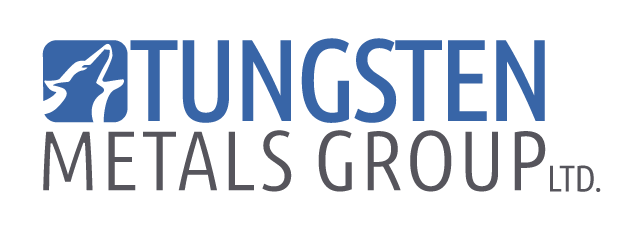China’s Antimony Export Restrictions: Could Tungsten Be Next
Concerns have been raised by China's recent announcement of limitations on antimony exports across all global businesses that depend on essential minerals. China is the world's greatest producer, contributing almost half of the world's antimony supply. This move highlights China's ability to shape international markets and presents serious dangers for sectors of the economy that depend on these essential resources.
1. The Potential of Tungsten Restrictions
The hardness and high melting point of tungsten make it a valuable metal in many high-tech industries, such as electronics, defense, and aerospace. The US government views tungsten, like antimony, as a critical mineral. By the end of the year, China, which produces most of the tungsten in the world, may also be thinking about imposing similar export limitations on the metal.
If put into effect, these limitations might put additional stress on international supply networks that are already experiencing interruptions from other geopolitical events.
It is commonly known that China has a history of using its monopoly on vital resources to further its geopolitical objectives.
China was signalling earlier this year that it was prepared to use its dominance in minerals as a political tool by imposing export restrictions on germanium and gallium, two essential components for the semiconductor sector.
The next target might be tungsten, which would force businesses all around the world to look for alternate supplies right now to prevent major disruptions.
TME’s Executive Chairman Tony Adcock stated he would be surprised if China limited its restrictions to antimony alone.
"I think it's the start of some export restrictions in a number of rare earths, minerals." He said, pointing towards the very real possibility that tungsten could be in China’s cross-hairs next.
2. Ramifications for Supply Chains in the West
If China were to implement export limitations on tungsten, Western countries would find it extremely difficult to sustain their supply lines, being llargely dependent on imports from China.
This reliance emphasises how critical it is to diversify supply chains and create tungsten alternatives.
This places our company in a key position to benefit from the tightening control over tungsten supply with our key goal relating to creating a more reliable and secure supply chain for this essential commodity outside of the big players, namely China and Russia, TME is investing in the development of the tungsten supply through continued and ongoing production in Vietnam.
Ultimately. the stakes for industry around the world could rise if China's recent export ban on antimony serves as a model for similar restrictions on tungsten. The likelihood that tungsten would take a similar route draws attention to the flaws in the current supply chains and emphasises the necessity for Western countries to diversify their supplies of vital minerals. Western industries may more effectively weather the challenges presented by geopolitical uncertainties by investing in alternative supply chains and lowering their reliance on Chinese exports.


